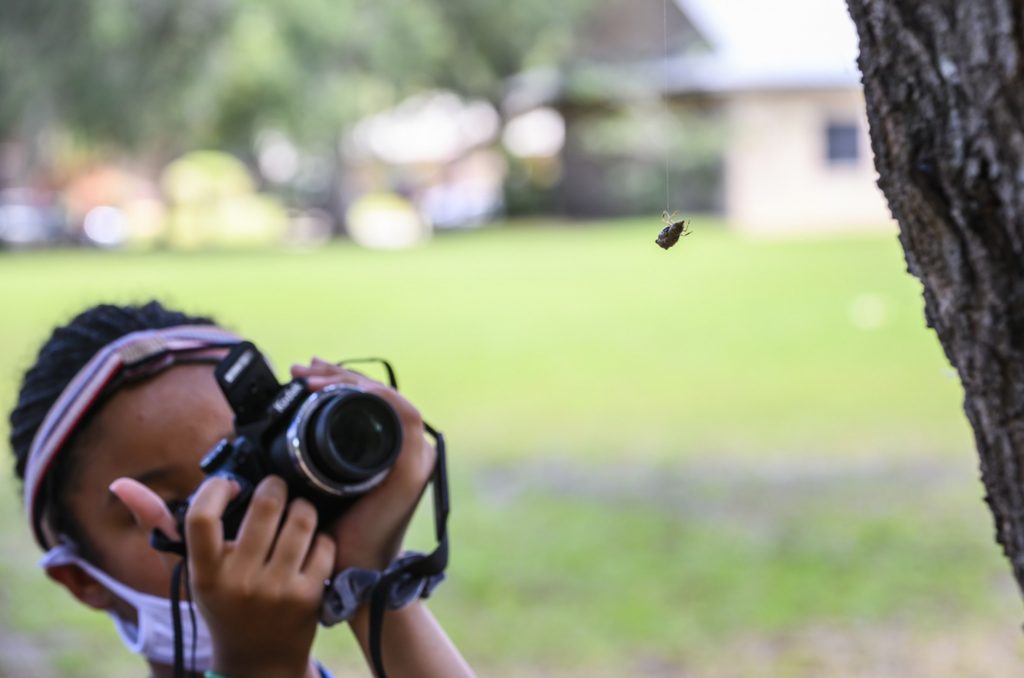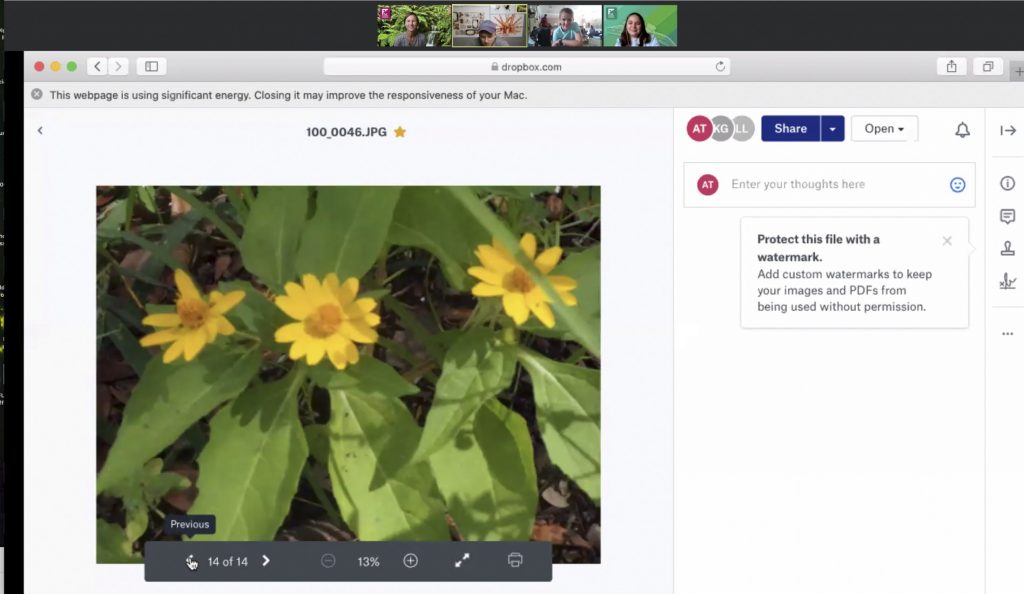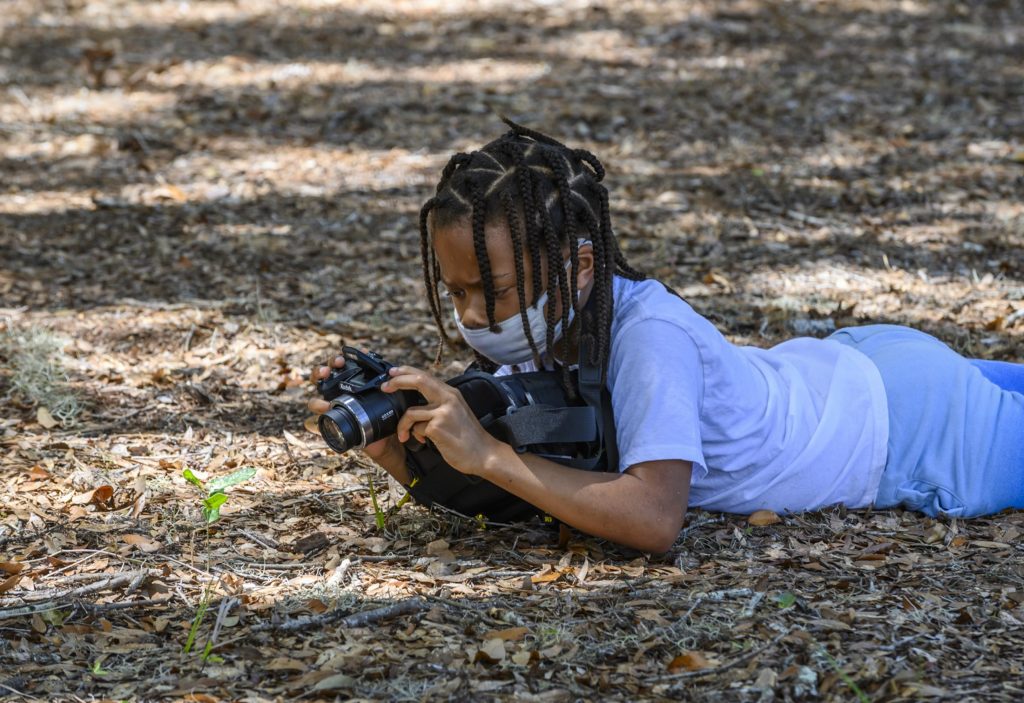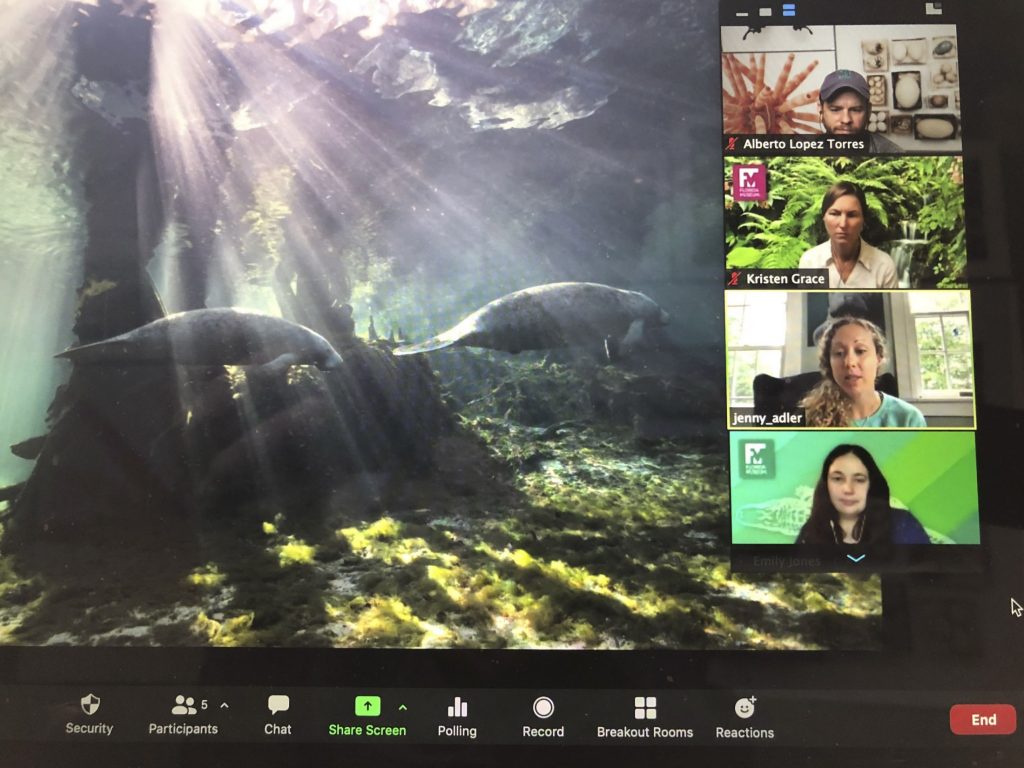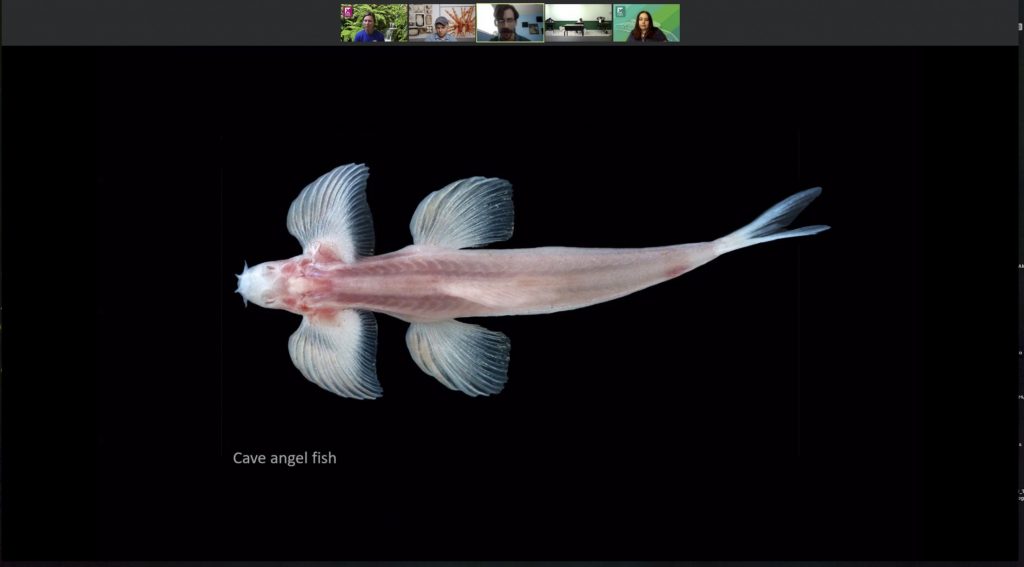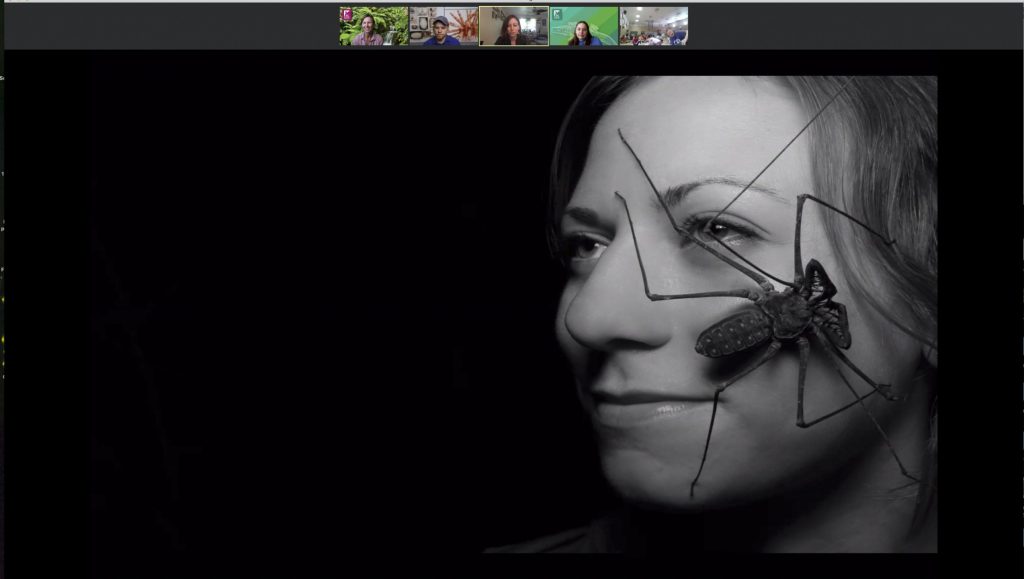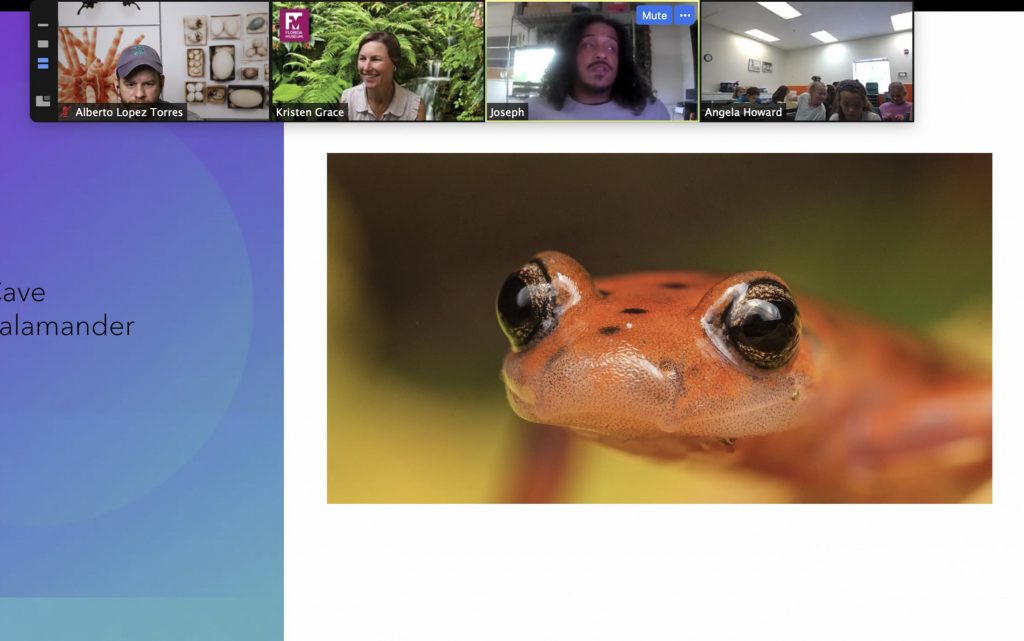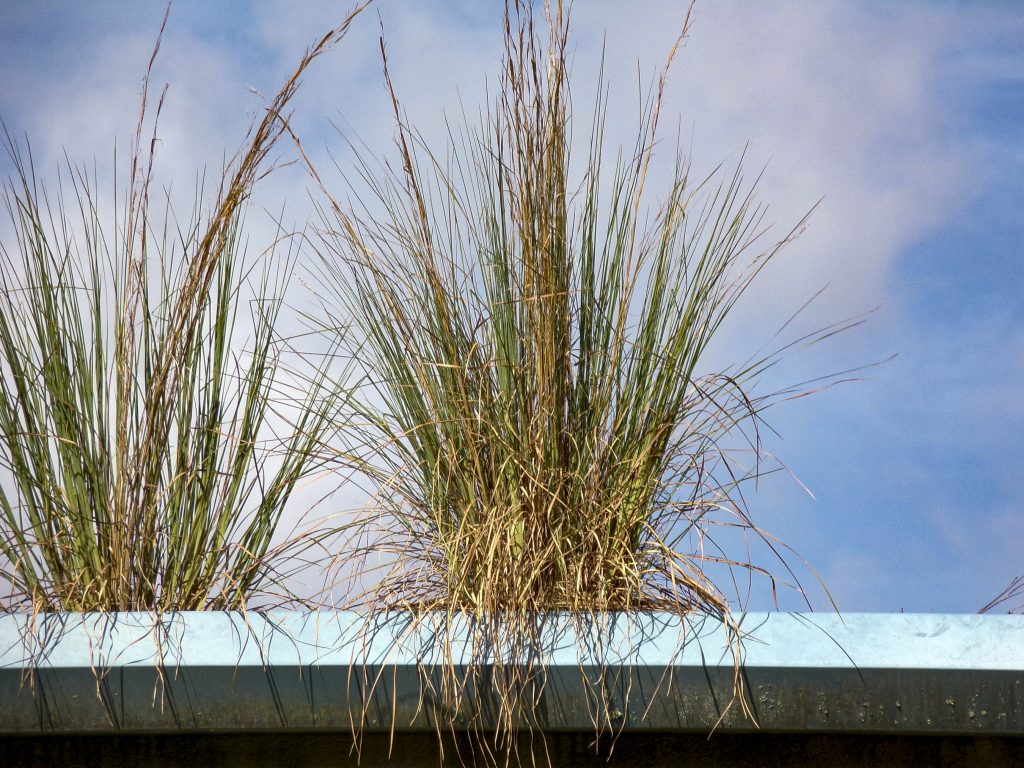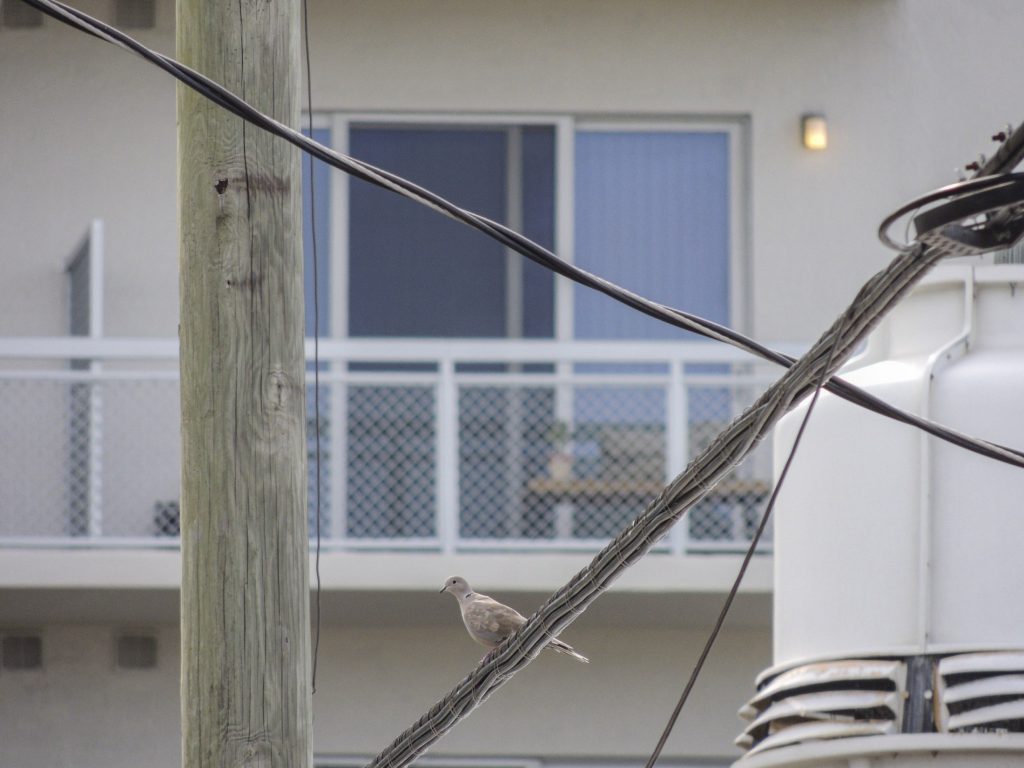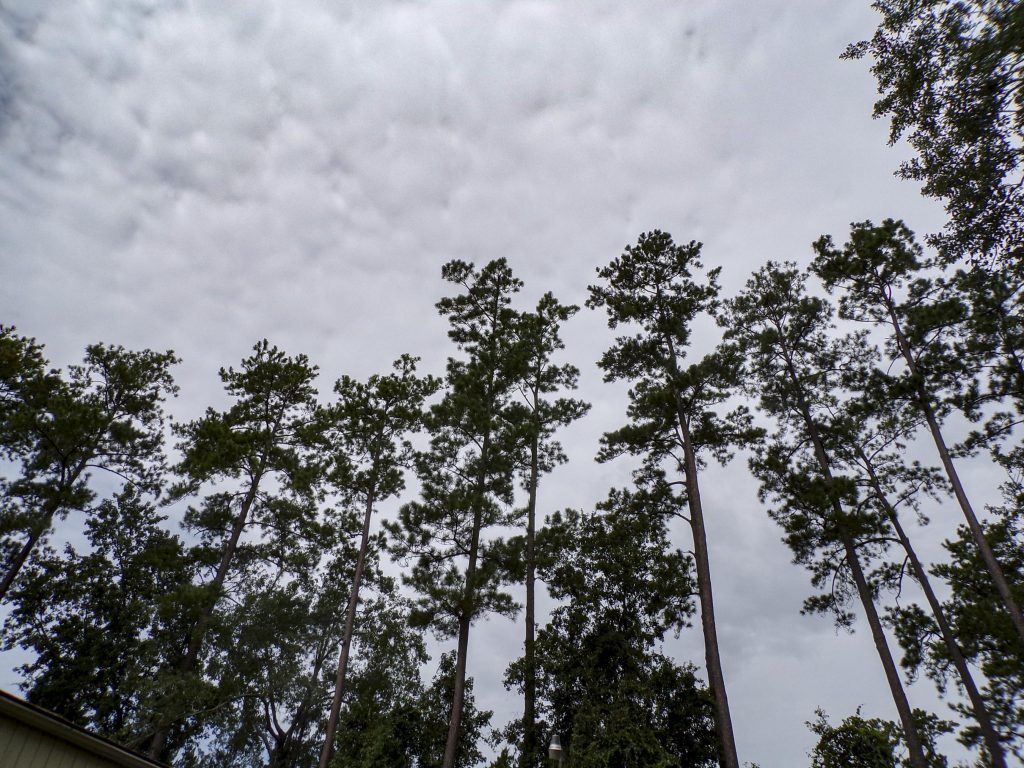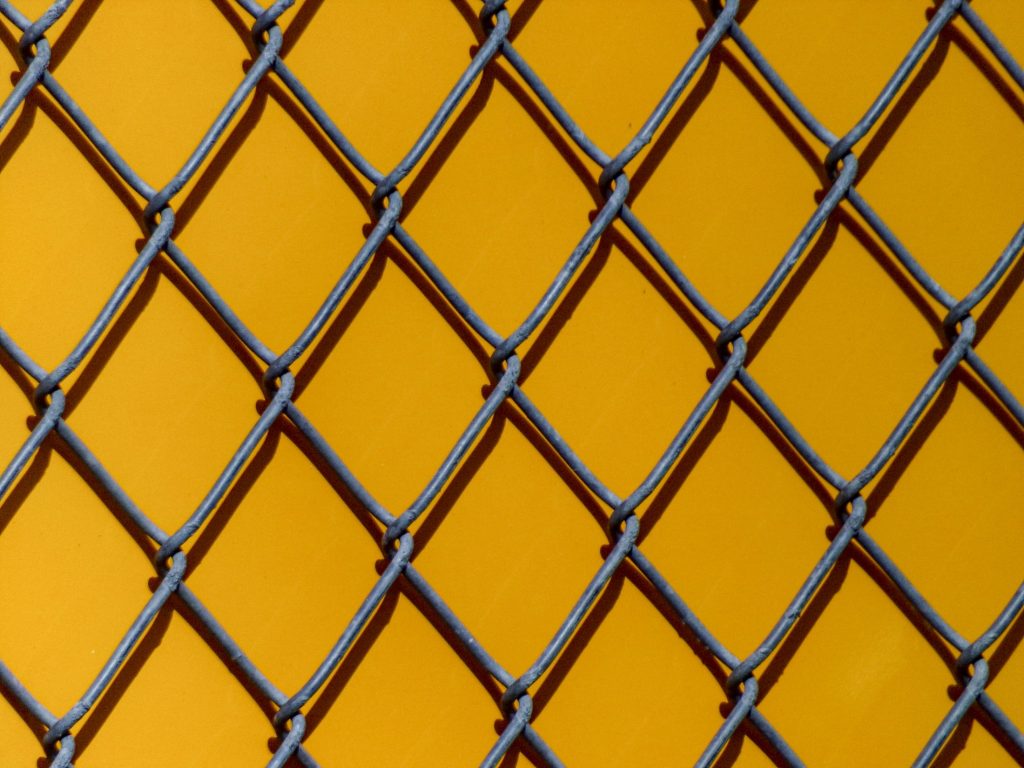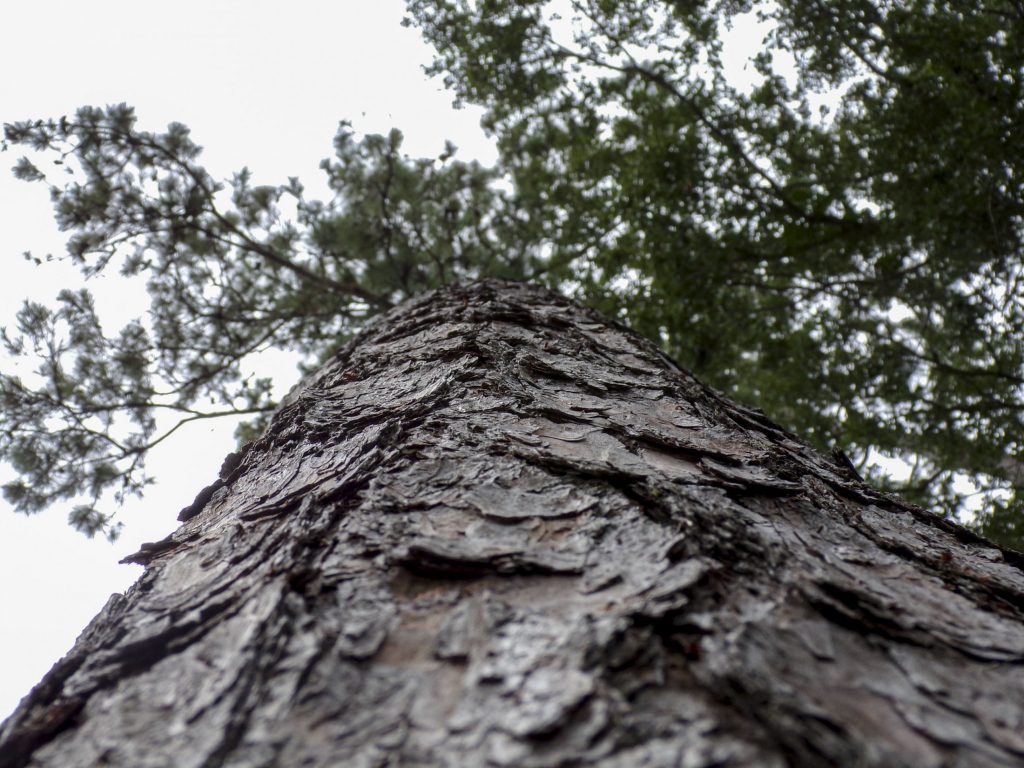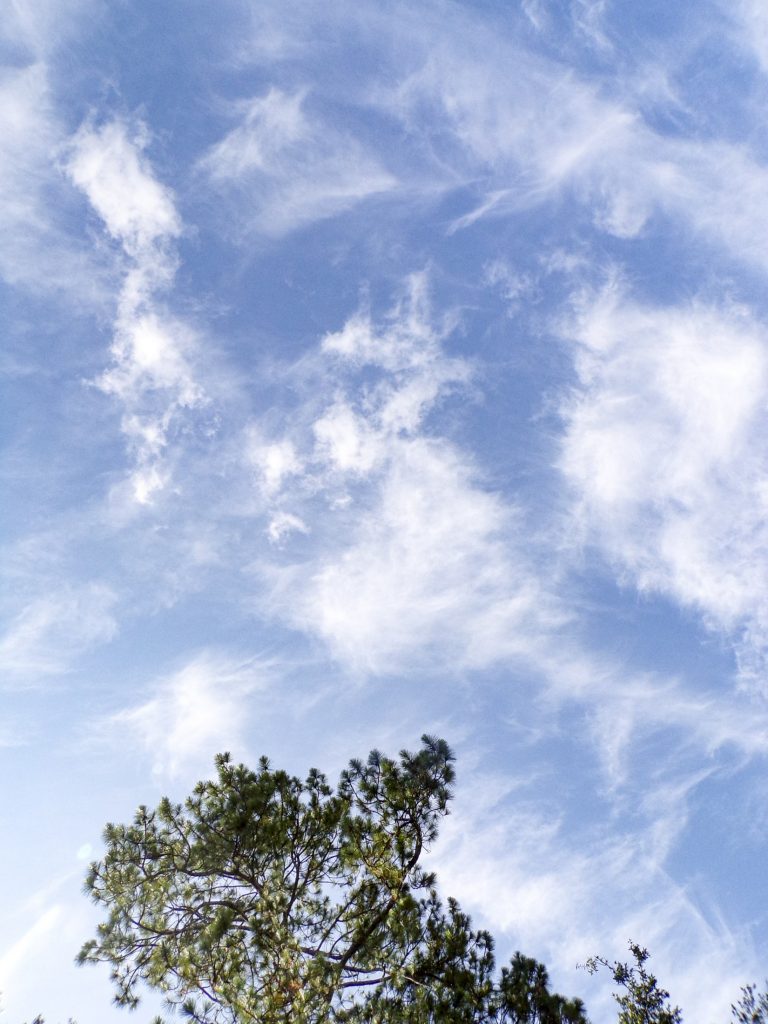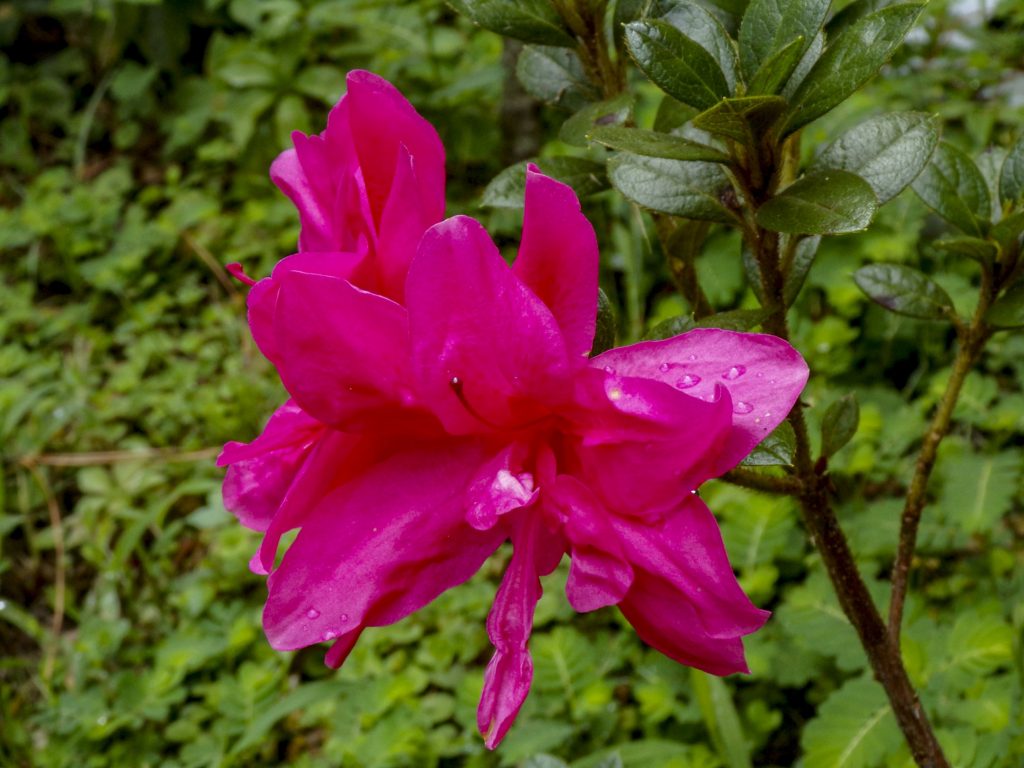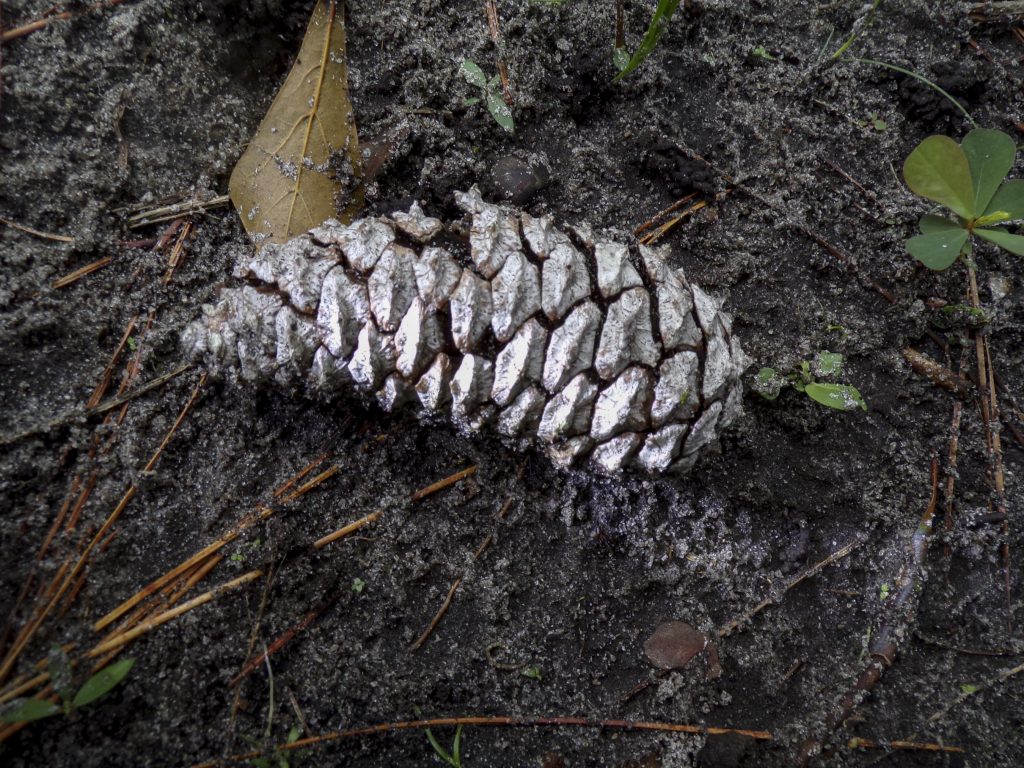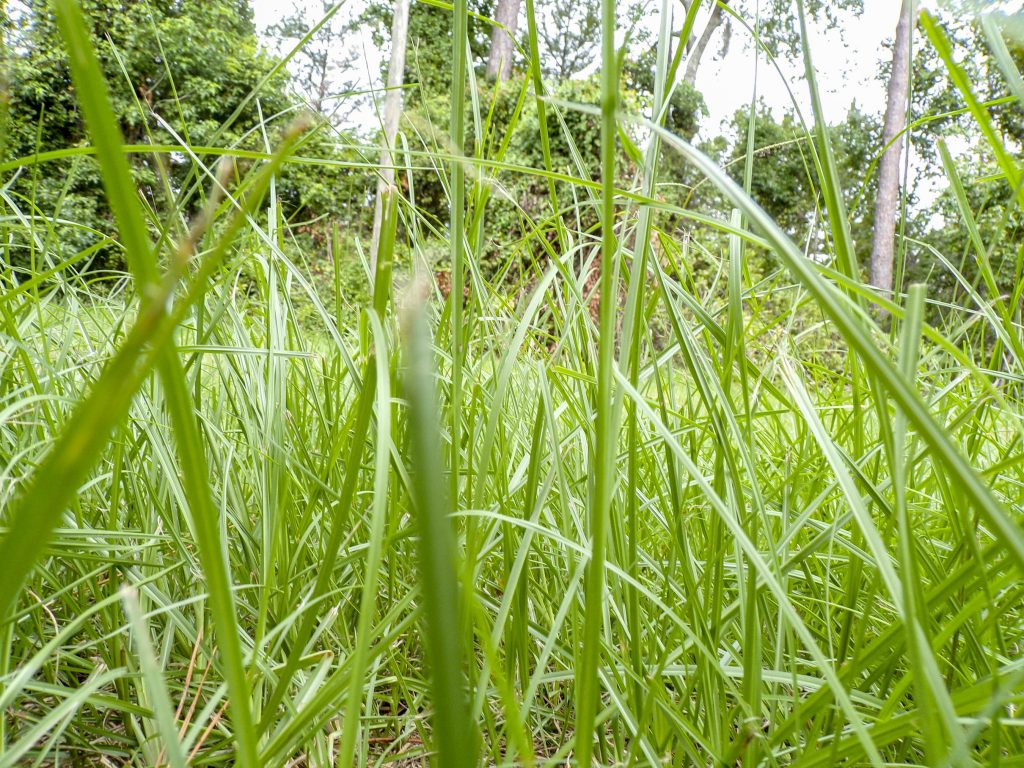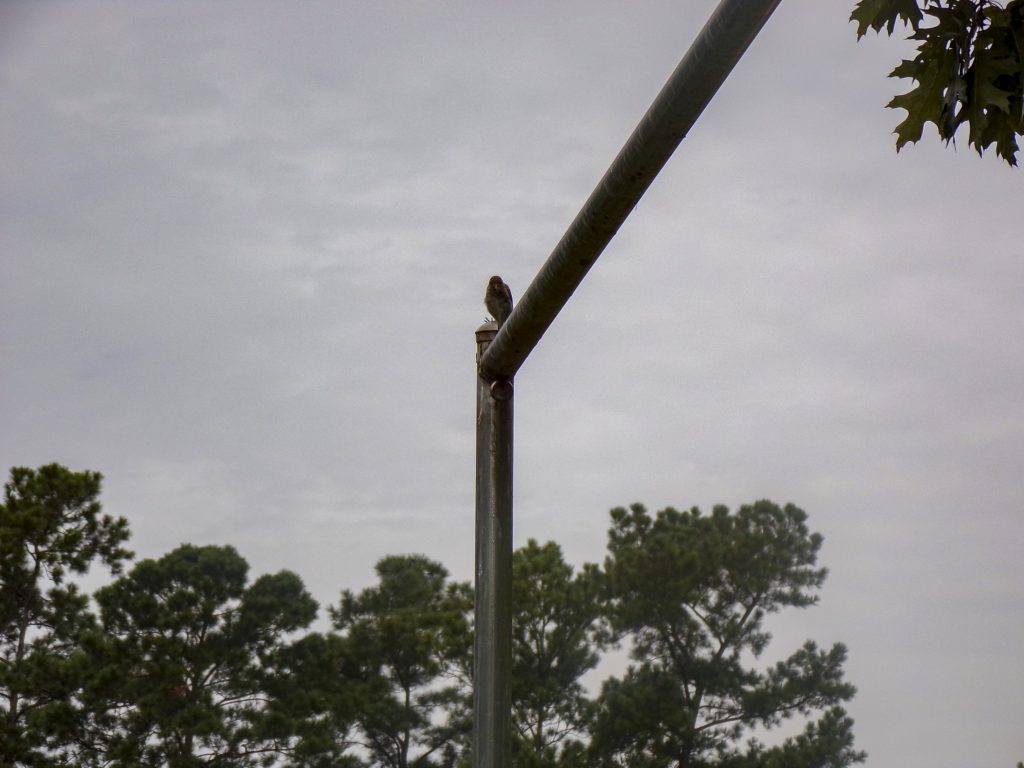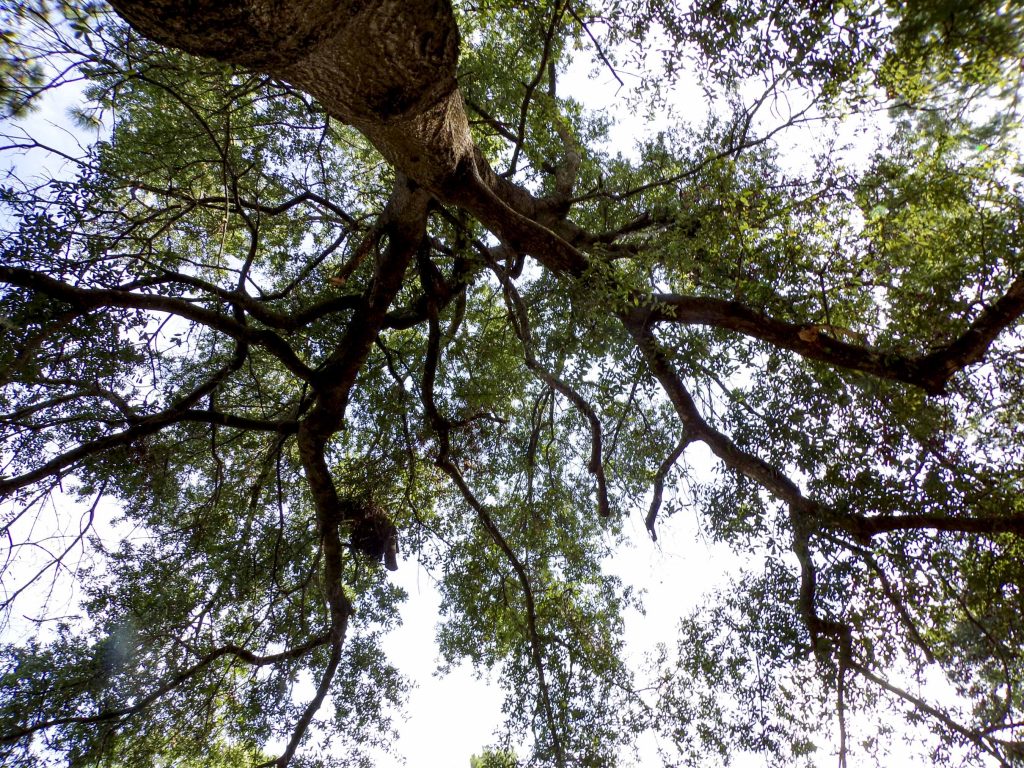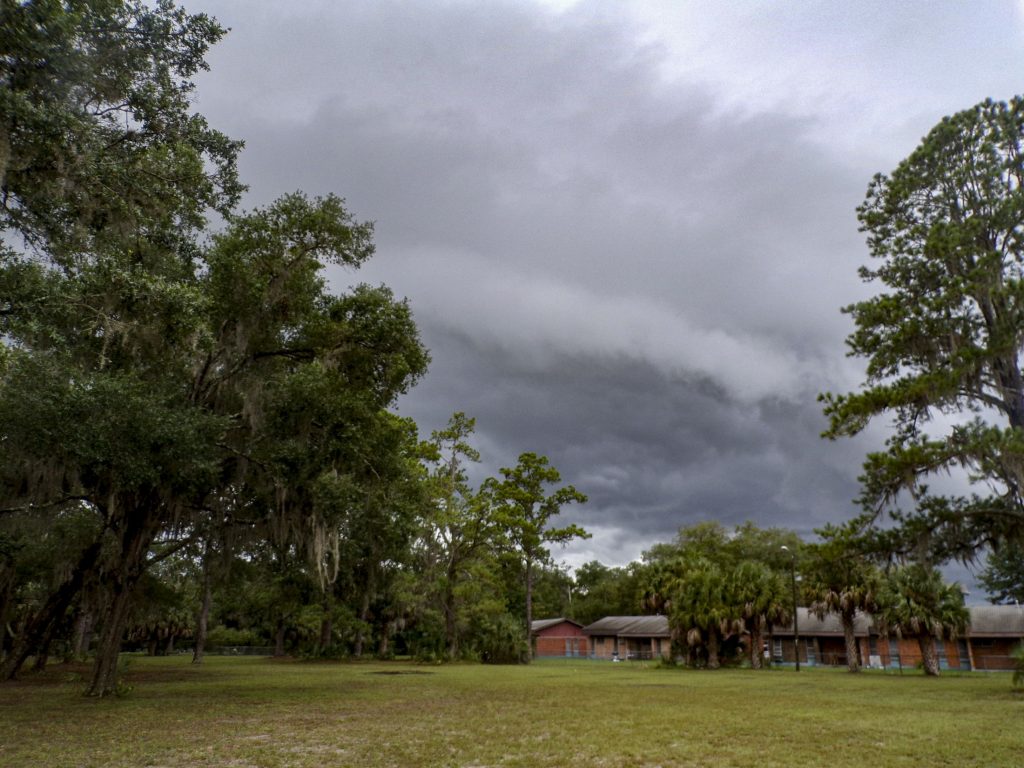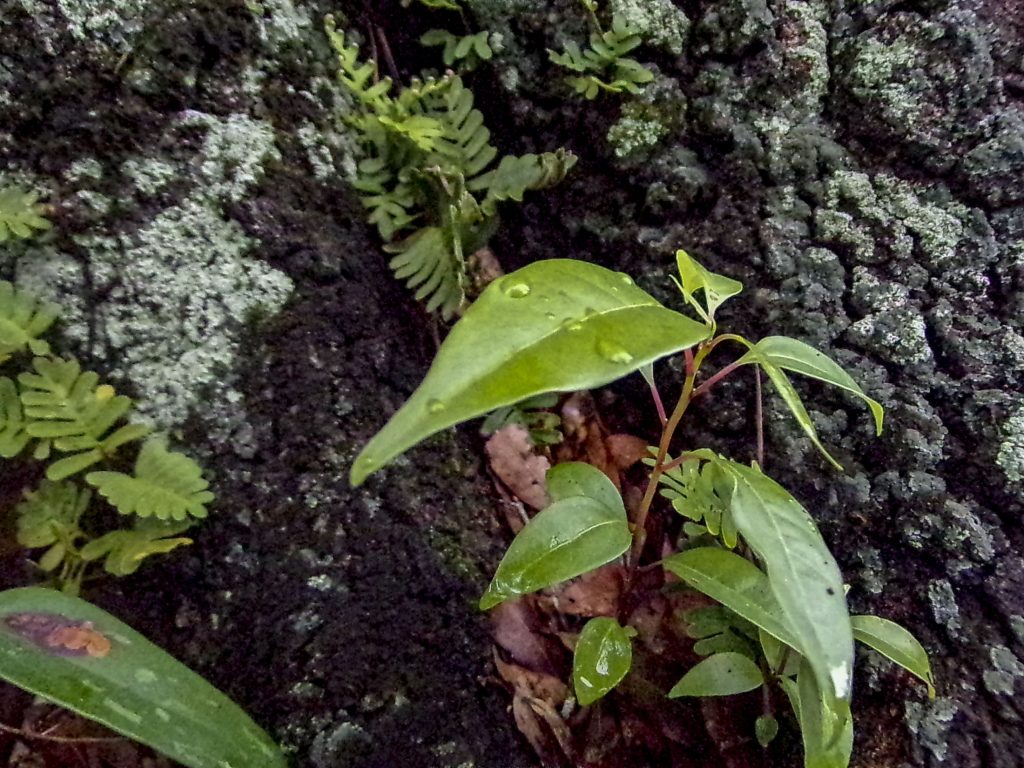For nearly a decade, I’ve been teaching kids the basics of photography, venturing outdoors with them and learning together how to explore nature through a camera lens.
I never imagined that one day I’d be teaching nature photography to children remotely.
This is how I found myself talking to a computer filled with curious faces about how magical it is to encounter the outdoors with a camera – all from the confines of four walls with no bugs and no dirt. How was this going to work?
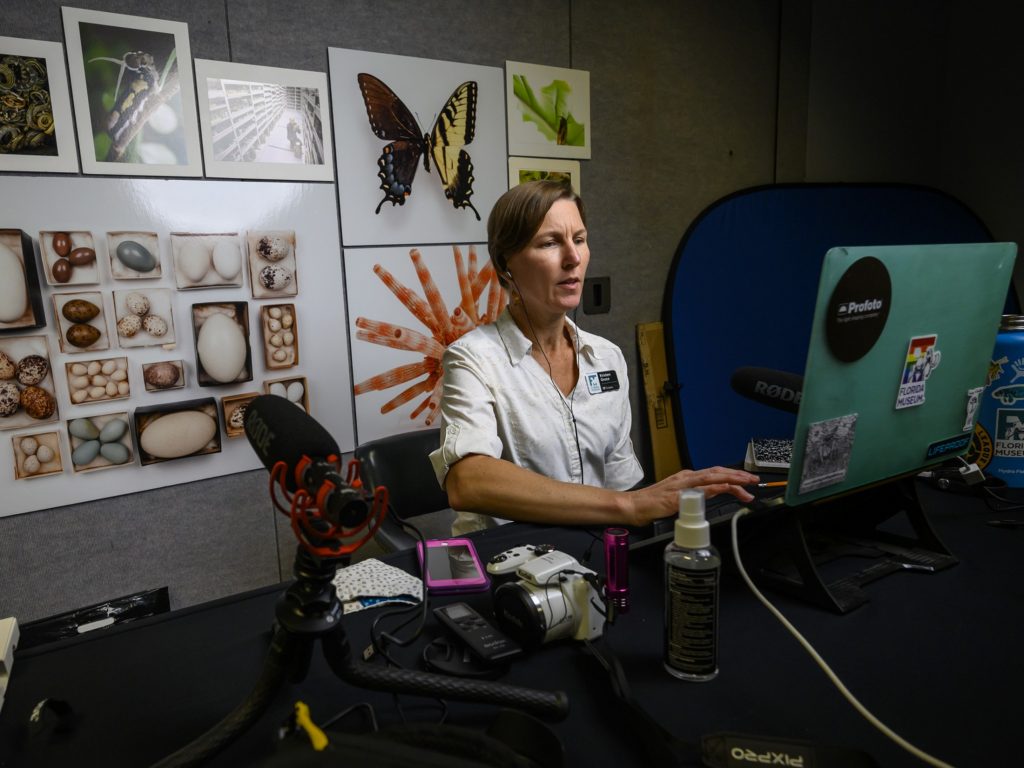
Each summer at the Florida Museum of Natural History we offer camps of all kinds for kids. Nature Photography Camp is one of those field camps offered for older kids in the 10-12 age range.
Traditionally our summer camps are fee-based camps, competitively priced with other engaging summer camps offered throughout Alachua County. However, these fees can be cost-prohibitive for many families in our community. With that in mind, museum staff have worked hard to brainstorm ways to fund this camp for communities in need.
Alberto Lopez, museum outreach coordinator and also a photographer, submitted a proposal through the Children’s Trust of Alachua County that would pave the way for offering a version of the Nature Photography Camp to several community centers free of cost. Receiving the funding from this grant also allowed us to purchase cameras and supplies for the kids to use during the camp. The community centers will retain the cameras for what we hope will be future programming.
Initially, we designed the camp to include face-to-face instruction in seven different centers throughout the county. Lopez and I would be the lead instructors, teaching week-long camps with guest speakers and field trips to places like the museum and Paynes Prairie.
Then the pandemic hit. Suddenly, we had to reframe.
We kept communication lines open with the centers and received the green light to go ahead with modified plans for four different community groups. We worked with North Central Florida YMCA, Woodland Park Boys & Girls Club, Girls Place, Inc. and I Am STEM Camp to virtually provide Nature Photography Camp.
COVID-19 rules and regulations were changing daily, so we had to be nimble. It took a lot of back and forth to ensure the centers could support the programming we were developing and that we could deliver what we’d promised.
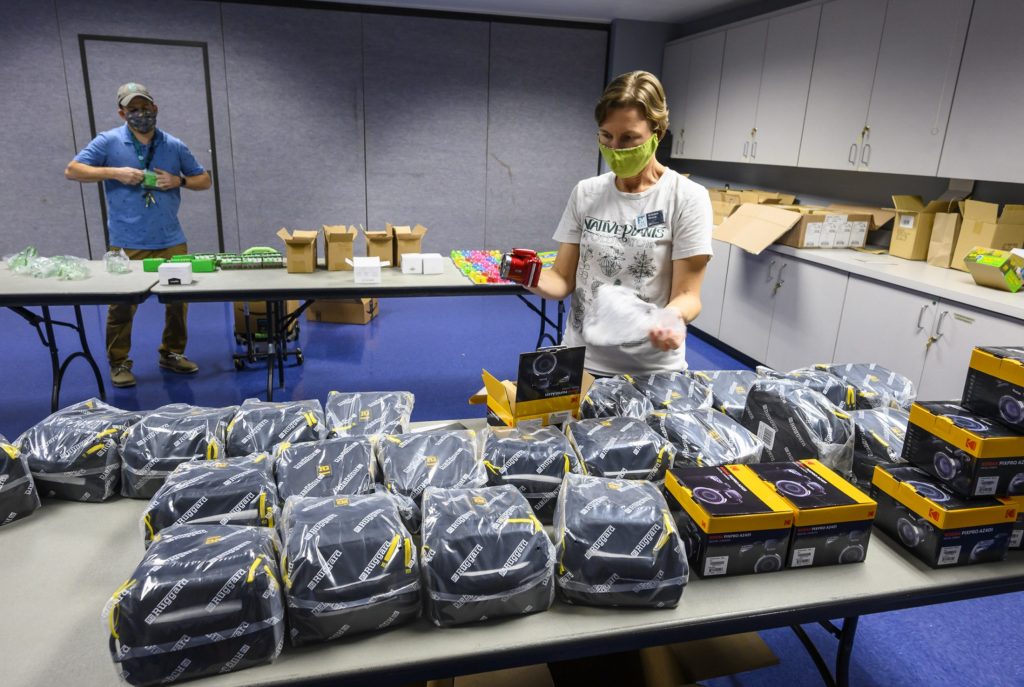
After cleaning out a camera store of their supply of digital cameras, creating camp supply kits and lining up knock-out virtual guest speakers, we began to realize this was really going to happen.
Camps kicked off July 6, broadcasting live to the centers twice a day from both the museum and our homes for a week each session. Over the course of four weeks, we reached 81 kids ages 8 to 12.
At the end of each morning’s virtual session, we assigned photo projects for the kids to complete on the grounds of the centers before logging back in. The campers shared their work each afternoon for a “critique” and discussion.
It was amazing to watch these kids learn photography virtually and use their cameras to see their natural surroundings in a new light. We helped them explore the more technical side of their cameras and marveled at how they challenged themselves to safely observe and photograph wildlife such as spiders, wasps and ants.
The campers had great questions for our guest speakers, whom we were able to host thanks to a generous donation from a Florida Museum Associates Board member. These speakers were from diverse backgrounds and inspired our campers to become the next generation of nature ambassadors.
The weeks went by fast, but one of the most rewarding things about camp happened on the last day with Girls Place. One of the campers asked why we had to go and could we come back the following week. Success.
Learning photography can provide a number of positive experiences for children, and these experiences can promote a solid foundation for their wellbeing during the critical early years of self-discovery.
Some of these experiences include strengthening self-confidence and encouraging the desire to explore, reinforcing the benefits of paying attention to one’s surroundings and details; supporting creativity and an “out-of-the-box” way of thinking and seeing; exposure to critical thinking and problem-solving in a fun and creative way; and providing an outlet for expression and a way to communicate nonverbally.
In addition to these important developmental experiences, focusing on nature can expose children to their surroundings in ways they may not have practiced before. They may develop a greater understanding of the world around them and compassion for all living things.
These kids took masterful photos with a new tool they had very little time to learn how to use. We are excited to share their images in a gallery exhibition, which will be on display at the Museum beginning Oct. 3, 2020 and in an online gallery. Here is a sneak peek:
This was a tremendous learning experience, and I am proud of these community centers for helping us coordinate these camps. We know it was not easy for them to support the technical demands and to facilitate off-Zoom activities, such as taking the children outside in the summer heat to take photos. We are grateful they were willing to explore this adventure with us and by doing so, helping to create what we hope will be a lasting experience for these kids in a time of turmoil and uncertainty.
We would like to thank once more the Children’s Trust of Alachua County for making this program possible.
Help us support this and other educational programming. Give today and inspire the next generation of explorers and scientists!
